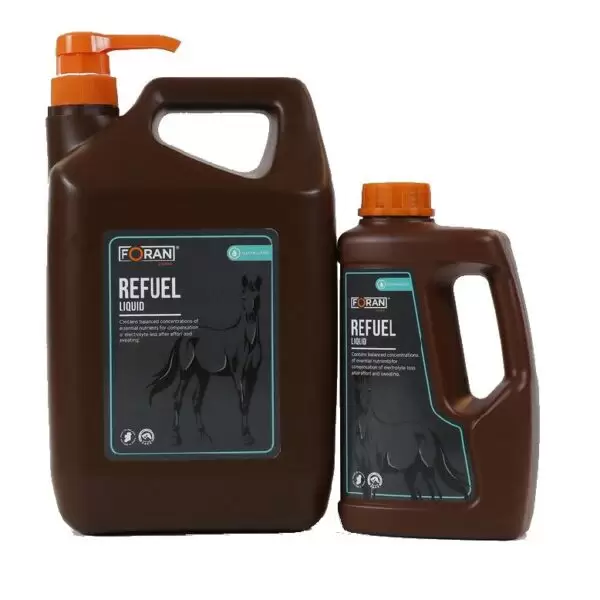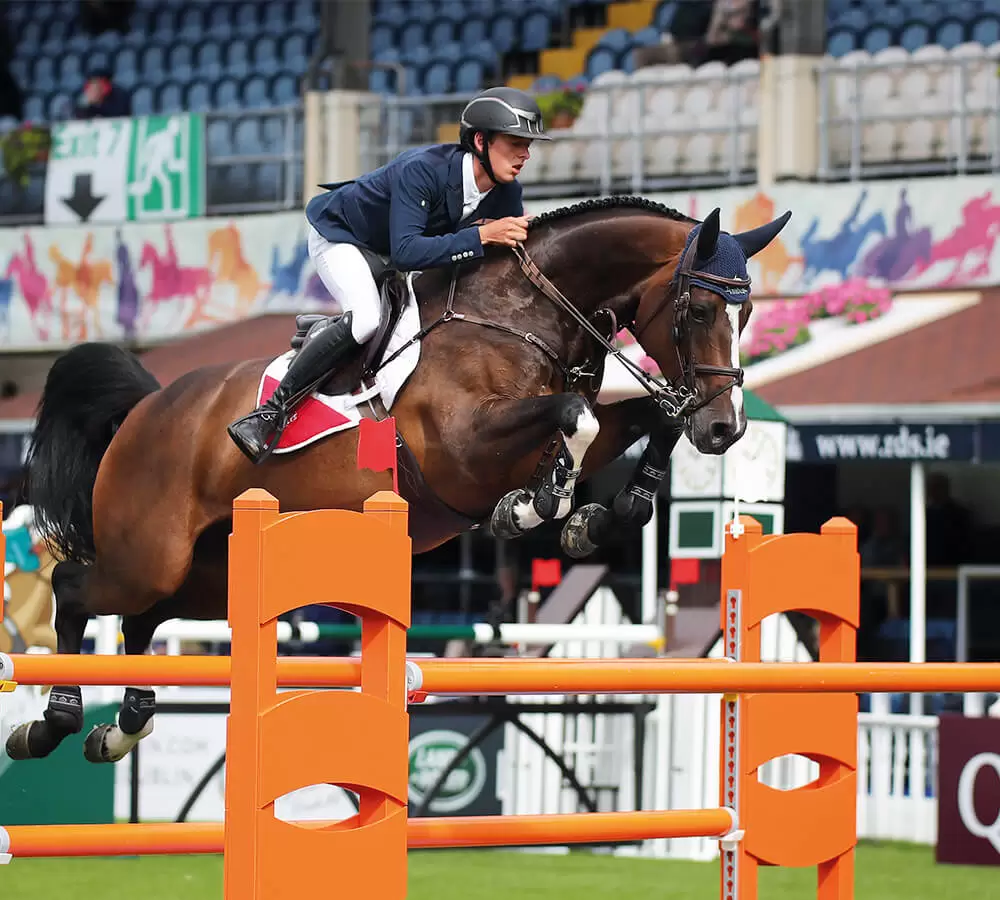Equi-Salts
Balanced Electrolytes to support recovery
View ProductHorses lose ‘salts’ in their sweat. These salts, or as we should refer to them ‘electrolytes’, are essential minerals that function throughout the body in many physiological processes and, in particular, they enable muscle function.
Just like humans, horses produce sweat to eliminate heat; without this mechanism of perspiration the body would overheat and shut down. Exercise, particularly in warm weather, leads to noticeable sweating in horses and the more the horse sweats the more electrolytes are lost. Once the horse dries off a gritty residue can be felt on the coat and this is the electrolytes that remain after the water has evaporated. The concentration of electrolytes in horse sweat is higher than it is in their blood, which is the direct opposite of people, making it even more important that both the water and the electrolytes lost in sweat is replaced. Ensuring adequate hydration status is maintained throughout exercise and beyond is crucial to performance and recovery.

What are electrolytes for horses?
Electrolytes are responsible for maintenance of acid-base balance and osmotic regulation of body fluids. If electrolytes are diminished so is the body’s ability to maintain the right amount of fluid in and around cells. Fluid regulation is very complex and relies on more than electrolytes, but they are a critical part. They are necessary for nerve function, muscle function, digestion, nutrient absorption, brain function. They are, in fact, responsible in some way for all the chemical reactions and pathways that sustain life.
The major electrolytes are sodium, chloride, and potassium, present in smaller amounts are calcium and magnesium.
When do horses need added electrolytes?
A horse’s normal diet is not typically rich in electrolytes, so electrolyte supplementation is necessary for those in heavy work or competition, especially in warmer environments.
Grass, hay, and commercial feeds all contain electrolytes, usually enough to maintain normal horses that aren’t sweating over long periods or in intensive exercise. Electrolyte supplements are balanced so that the electrolytes are available in the ratios that the horse will need them, and not just sodium and chloride. This is why using an electrolyte product that has been designed for horses is more efficient that just using basic table salt.
In simplest terms, a horse needs extra electrolytes when they are sweating over a long period of time. The typical image of a sweating horse is the racehorse or eventer after competition. Endurance horses produce sweat for prolonged periods and will need the most supplementation. Transport can also cause horses to sweat, particularly in warm weather and even standing in the horsebox on a hot day can cause a horse to sweat enough to warrant extra electrolytes.
Horses with Cushing’s disease may sweat profusely during warm summer days and may have polyuria (excessive urination) both of which can encourage loss of electrolytes and water, and electrolyte supplementation may be necessary for these horses even when not exercising.
How to Give Electrolyte Supplements
Electrolytes are available in powder form, such as Foran Equine Equi-Salts or Equi-Lyte G, which can be added to feed as needed. Equi-Lyte G have the added benefit of powerful antioxidants Vitamin C and E promote muscle recovery plus they’re available in handy sachets.
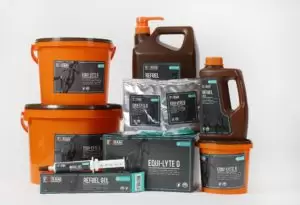
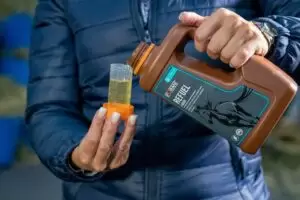
Electrolytes for horses also come in liquid form and Foran Equine Refuel Liquid is an excellent way to replenish electrolytes in feed, especially for those fussy eaters that do not like powders.
A super convenient way of administering electrolytes is through the use of products such as Foran Equine Refuel Gel. These syringes are particularly useful at a competition for quick and easy one-off administration. Refuel Gel also has added B vitamins and antioxidants to aid muscle recovery, promote appetite and support energy metabolism for optimal recovery.
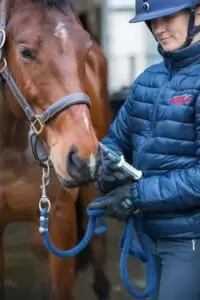
Always Have Water Available
However, most horses will take a drink after strenuous exercise while some others will take a few moments to calm down before plunging into the water bucket. Whatever is typical for your horse, you should never give electrolytes if the horse does not have access to water or is refusing to drink. Electrolytes without water will make the horse more dehydrated. Never give electrolytes to a distressed horse or a horse that is not recovering well after exercise without professional advice.
Adding an electrolyte supplement every day will not “load” the horse’s system. The horse will eliminate what it doesn’t need on a daily basis. However, providing electrolytes every day to horses requiring them will ensure that any electrolytes lost in training are replaced and may improve post exercise recovery and upcoming performances.
Some horses may refuse water after competition even though they are dehydrated. Adding apple juice to the water may tempt them to drink, enabling you to then provide an electrolyte supplement.
For further advice on electrolytes contact our expert team.
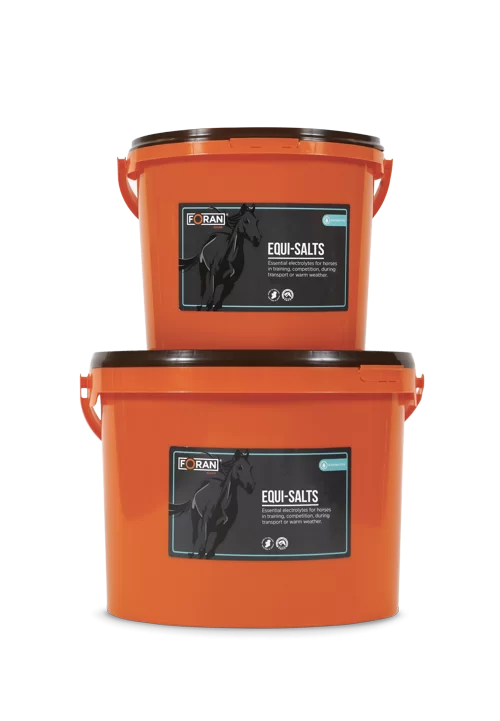
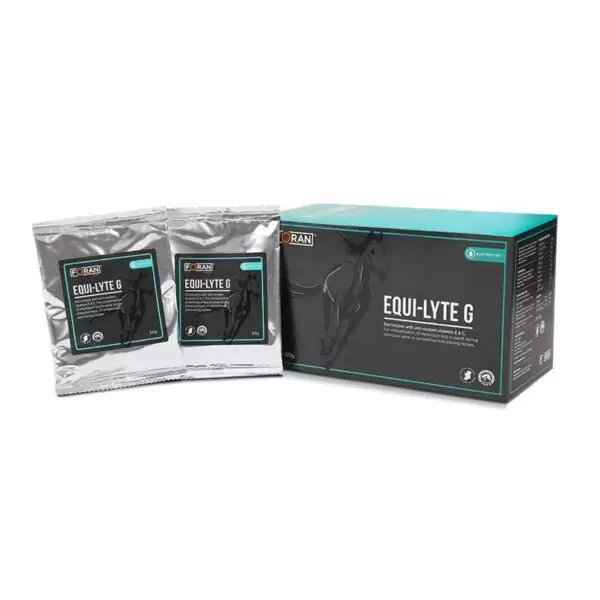
The ultimate package of balanced electrolytes and antioxidants to support muscle function and recovery
View Product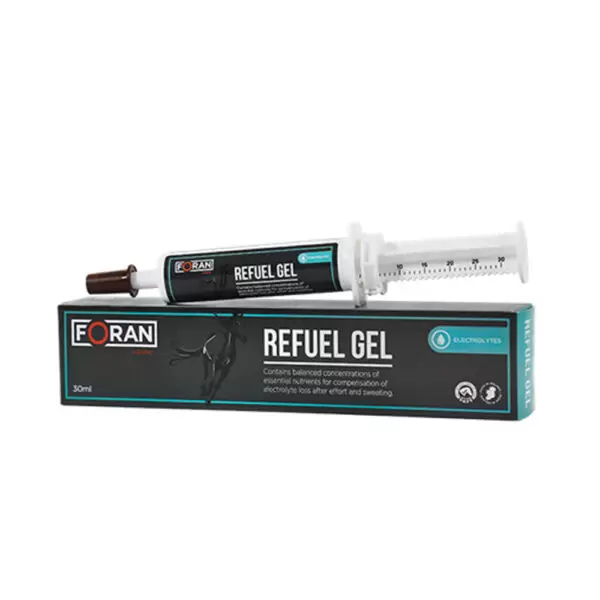
Concentrated electrolyte gel with added B vitamins and antioxidants for optimum recovery
View Product